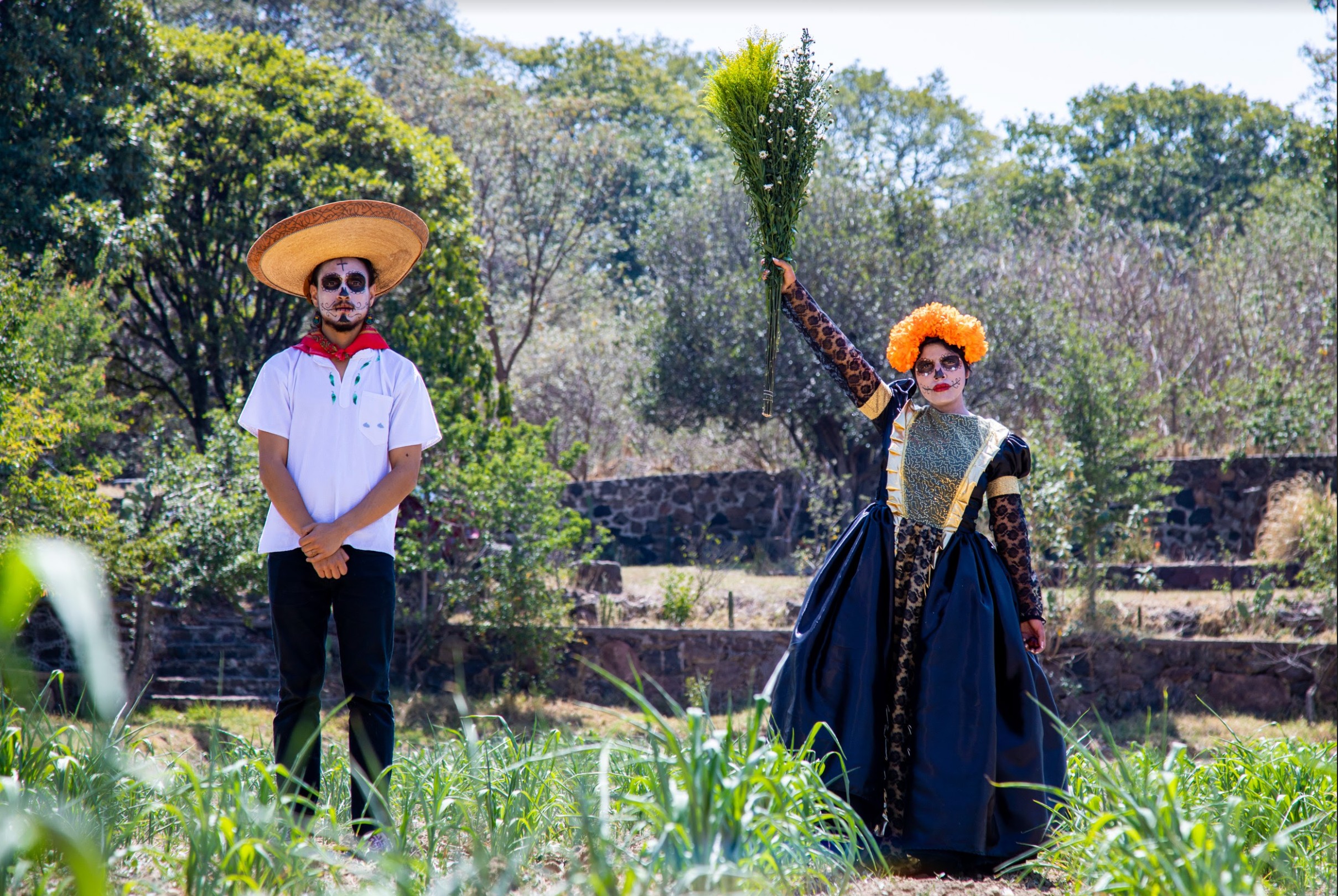We were lucky to catch up with El Tres Da Nova recently and have shared our conversation below.
El Tres, love having you share your insights with us. Before we ask you more questions, maybe you can take a moment to introduce yourself to our readers who might have missed our earlier conversations?
The project that became the band Death Is A Business launched in New York in 2013. Since then, it has grown into a musical family spanning the East Coast and Midwest US, and abroad to Mexico, Peru and Brazil. We create music and stories about families, ancestors, migration, oppression, resistance, and love. During the pandemic we traveled throughout Latin America and collaborated with local artists and musicians to make original music fusing sounds and styles from our different cultures.
We’re now releasing these pandemic recordings from our travels and working on new material with a team in Milwaukee, Wisconsin. Many people come to our shows and leave feeling like they didn’t just witness something but they were a part of the performance and storytelling, as we encourage crowd participation and always stick around after the shows to hear our fans’ own travel stories. We turn our music into a vehicle for education and empowerment, as we support Black and Brown and other marginalized people looking for their first opportunity to get out of the country and explore new cultures.

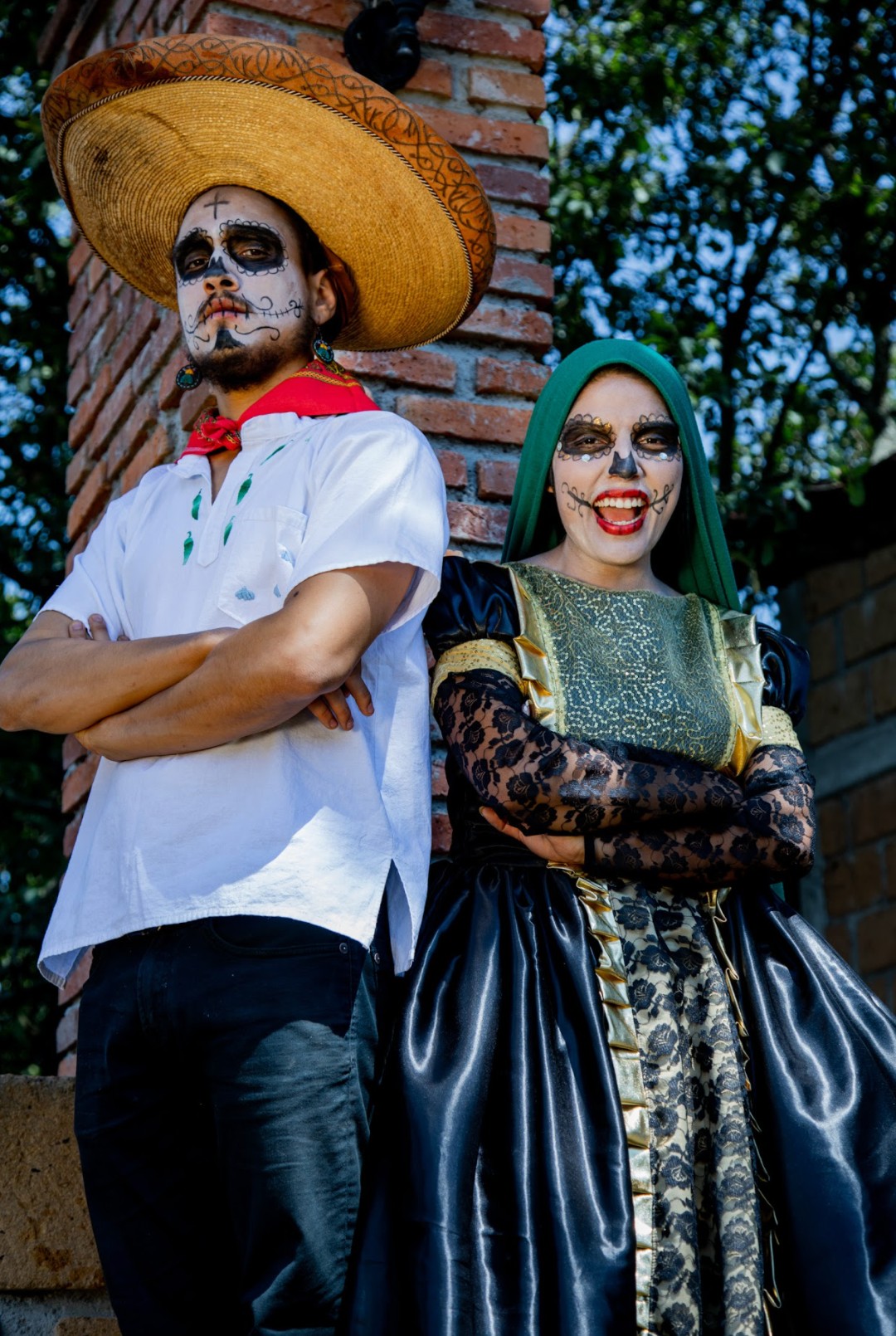
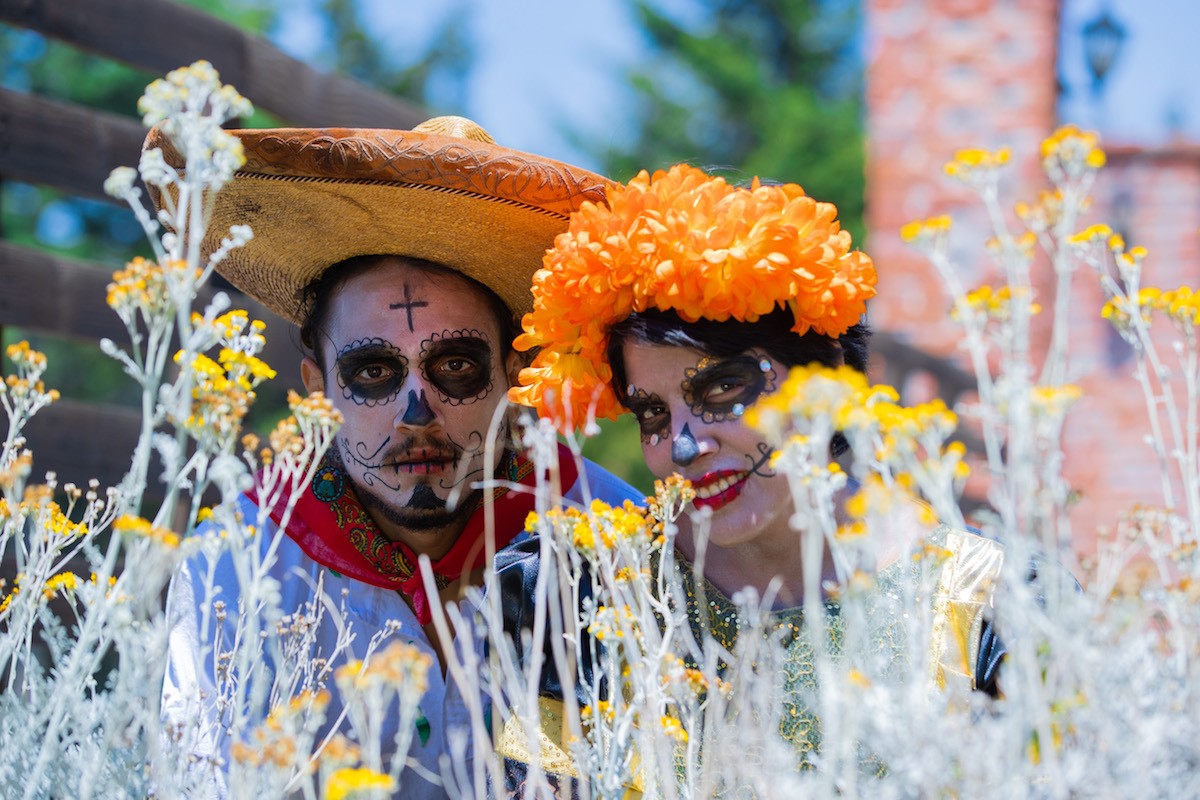
We often hear about learning lessons – but just as important is unlearning lessons. Have you ever had to unlearn a lesson?
An important lesson I unlearned was in asking fellow creators to do unpaid work. Early in my music career I had big visions for an album I wanted to record, but I didn’t appreciate how much work- the recording, mixing and mastering, session musicians, rehearsals, and more- was required to make it happen. I undervalued many aspects of the production, and relied on my close friends to record their own parts for the album, and didn’t pay enough for professional support. The result was I spent five years trying to make one album, which I recorded twice with entirely different teams because I wasn’t satisfied with the results. Thankfully since then we as a band have been far more willing to pay our fellow musicians and engineers a fair value for their work and our recorded output has both improved in quality and speed.
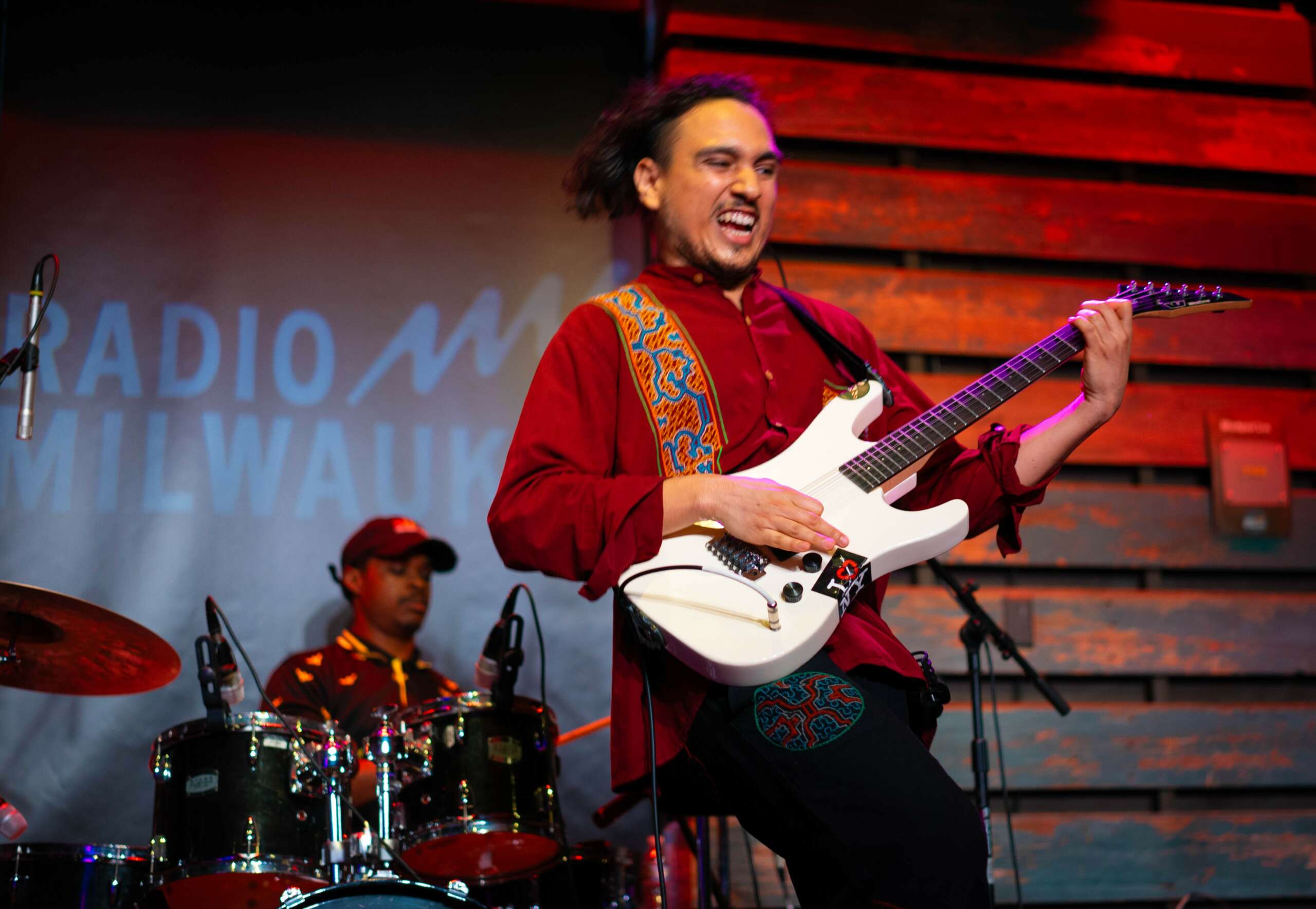

How can we best help foster a strong, supportive environment for artists and creatives?
Artists and creatives need the same basic resources as anyone else- good housing, food, healthcare, education and transportation. I believe musicians can thrive together in a more equitable economy if governments, local businesses, educational institutions and other organizations support us directly through welfare, job opportunities, training, residencies and fellowships. In my view this vision is incompatible with our current multinational corporate music industry model, where a tiny group of highly wealthy record labels and lucrative artists effectively cannibalize the revenues from the vast majority of musicians. The solution is a more decentralized and localized music economy centered on community-run performance and education spaces.

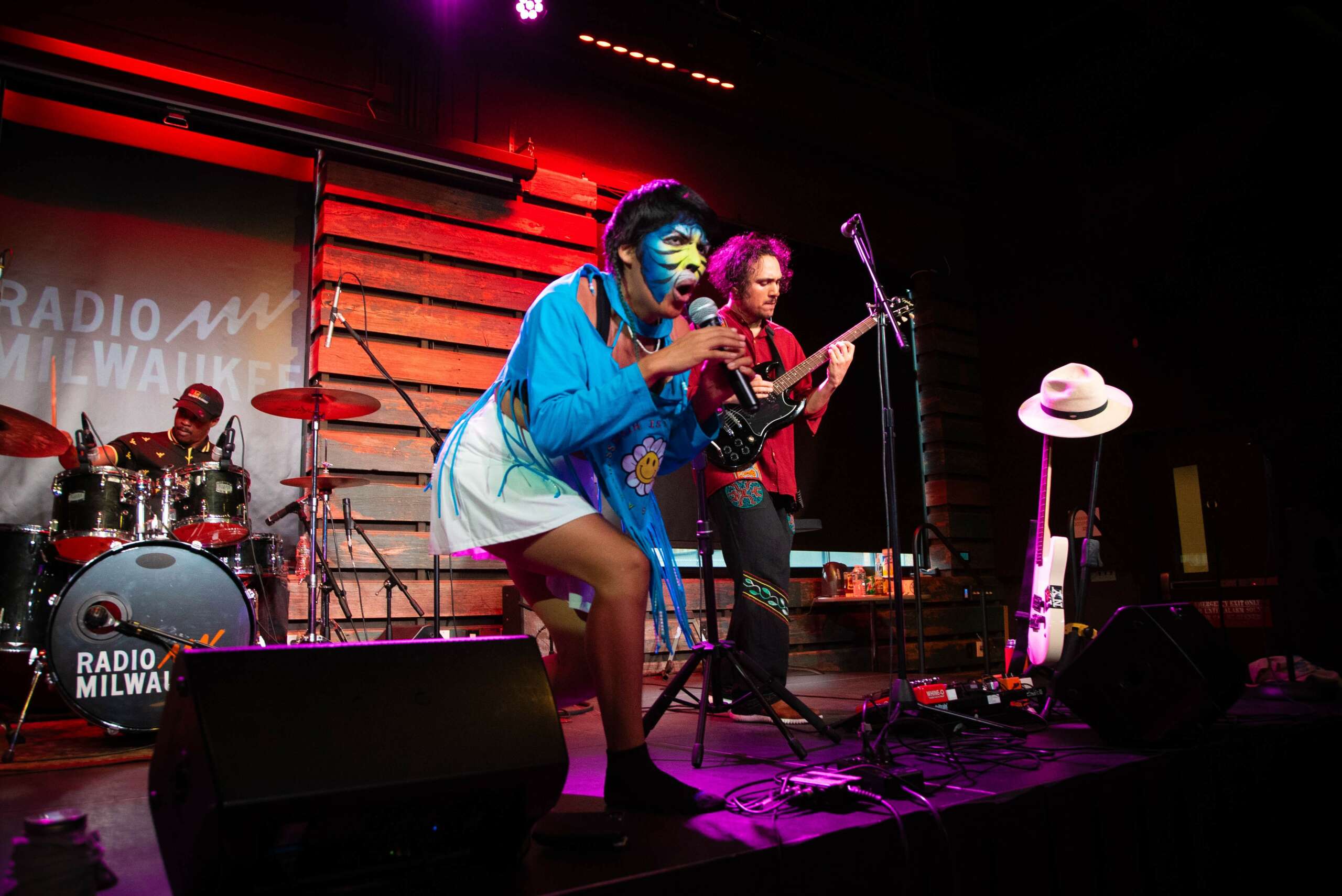
Contact Info:
- Website: https://deathisabusiness.com
- Instagram: https://www.instagram.com/deathisabusiness/
- Facebook: https://www.facebook.com/deathisabusiness
- Youtube: https://www.youtube.com/user/deathisabusiness/videos
Image Credits
Jen Ellis, Jan Lavariega


